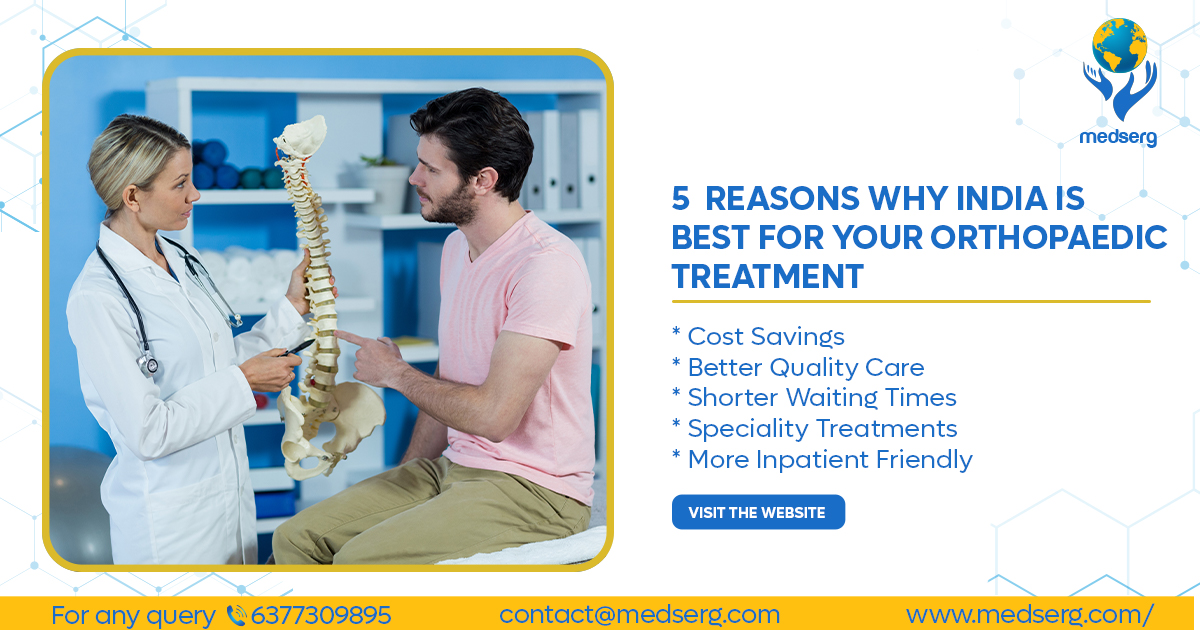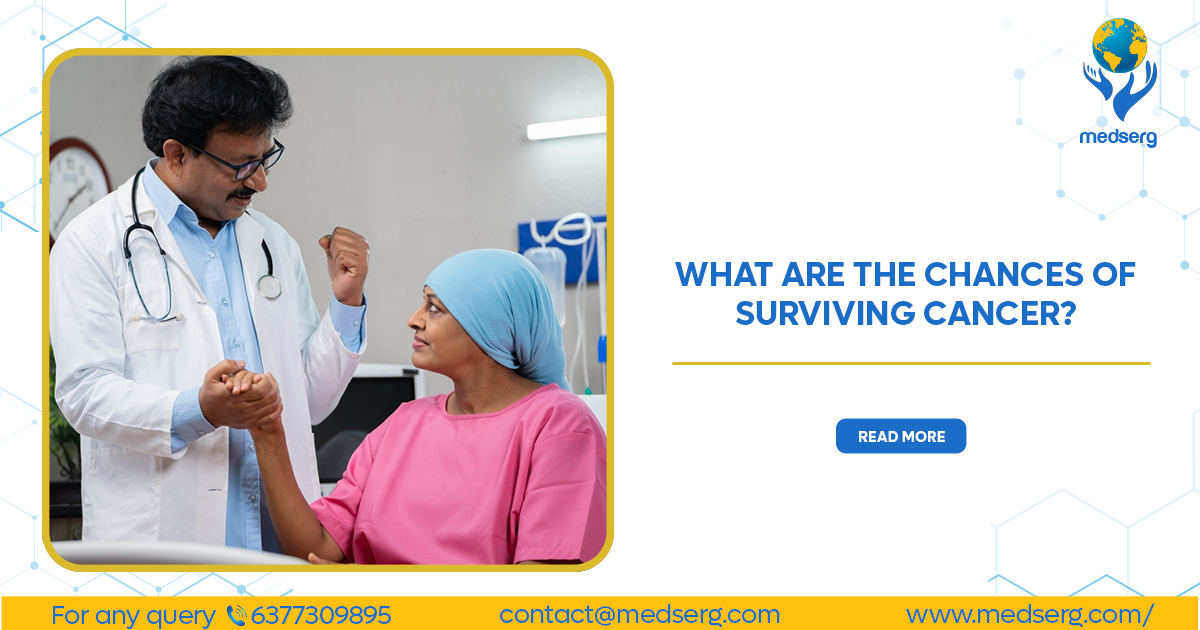The health of our eyes is crucial for overall happiness and well being. Eyes can capture and decipher more than one-million pulse signals per millisecond and transfer to the brain. Our eyes are truly astonishing organs. Eyes, like other organs of our body, are subject to tension and trauma and can lose their full potential if not correctly taken care of. It’s necessary to maintain the health of our eyes even as one grows older. Healthy eyes are an important component in learning and undergoing growth and development.
Eyesight and aging
Leading a healthy lifestyle of exercise and a proper diet can help keep our eyes functioning properly well into our later years. Most people don’t start thinking about eye health until they encounter some differences in their eyesight. Our eyes are like all other organs in our body, they change as we grow older. Keeping them healthy when we are an adult and in the early 30s will prepare us well for when the transformation of our eyes begins.
Eyesight changes as we grow older. Our eyes are one of the first senses that are affected by aging. The time to take care of our eyes is while we are in our 20s and 30s – before we begin experiencing changes in our vision.A healthy lifestyle of diet, exercise, and proper nutritional support can help to keep our eyes younger longer. Most people begin to experience changes in their eyesight around 40 years of age.
Problems associated with aging
Gradual changes can occur in our vision as we move into our 50s. These challenges include:
Sensitivity to Bright Light or Glare:
Vision in bright light or flash conditions usually reduces. Night driving becomes a problem, or that seeing in bright sunlight can be uncomfortable and challenging. It takes up to five times longer to recover from glare than when we were younger.
Decreased Vision in Low Light Circumstances:
We may experience more difficulties seeing when ambient light is not bright enough. We may have difficulty traveling areas with low light and trouble reading even when we have reading glasses on. Older people need 2-3 times more light to read than when they were younger.
Color Recognization:
Colors may seem duller, and the difference between colors will seem less prominent. It may also become difficult to tell where an object ends and where its background begins, making it difficult to see edges or steps.
Occasional Dry Eye:
Occasional dry eye happens because our tear quality worsens with age. We may produce some tears, but just not enough to keep the eye moist. Signs of occasional dry eye include itching, burning, and excess tearing when going from indoors to outdoors.
Keeping our Eyes Younger
There’s no replacement for the quality of life that good vision gives. Adding specific nutrients to our diet every day either through food or supplements can help save our vision. Researchers have linked eye-friendly nutrients such as zeaxanthin, lutein, Vitamin C, Vitamin E, and zinc to support healthy eye structures, including the macula and natural lens. Zeaxanthin and lutein are essential nutrients found in green leafy vegetables, as well as other foods, such as eggs.
Natural supplements to keep eyes healthy
Zeaxanthin and Central Vision: Our eyes work by allowing light to enter through the pupil and project onto a light-sensitive wall of cells at the back of the eye known as the retina. The retina consists of millions of photoreceptor cells known as rods and cones. The macula is located in the center of the retina and is responsible for discerning color and fine detail. This area is predominantly made up of cones. The cones in the fovea are small and more densely packed, and they are not covered by a layer of nerve cells or blood vessels. This is the reason for the sharp vision associated with them. Here zeaxanthin is stored by the body in the highest concentrations. Increasing zeaxanthin consumption helps support visual performance over the long term.
Zeaxanthin is very important in the diet: It sharpens central vision (the clarity with which objects stand out from their surroundings), reduces the effects of glare (blue light), and supports healthy visuals. All mportant functions take place in the fovea, which is located in the center of the macula of the human eye. This is where the body requires a constant supply of the macular pigment zeaxanthin. Individual levels of zeaxanthin in the body are strongly affected by diet. Zeaxanthin cannot be produced by the human body. It comes from dietary intake.
Vitamin C: It is an antioxidant usually found in fruits and vegetables. Researchers suggest that vitamin C when taken alone, or with other nutrients, is important to maintain healthy eyes.
Vitamin E: In its most biologically active form is an effective antioxidant found in nuts, fortified cereals, and sweet potatoes. It is thought to protect cells of the eyes from harm caused by unstable molecules called free radicals which break down healthy tissue.
Essential Fatty Acids: A necessary part of the human diet. They help maintain the uprightness of the nervous system, fuel cells, and boost the immune system. Two omega-3 fatty acids have been shown to be essential for proper visual development and retinal function.
Zinc: It is an essential trace mineral. It plays an important role in bringing Vitamin A from the liver to the retina in order to generate melanin, a protective pigment in the eyes. Zinc is highly concentrated in the eye, mostly in the retina and choroid, the vascular tissue layer lying under the retina.
Visiting an eye care professional is important to distinguish between normal eye concerns that arise with age. Other health issues can affect the strength of your vision as well. When you visit your doctor, list all current health issues and family history. The more your eye care professional knows, the more they can help protect your eyesight for years to come.







